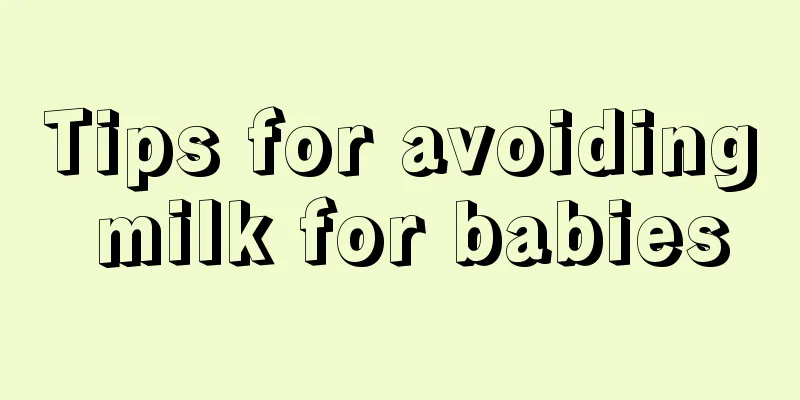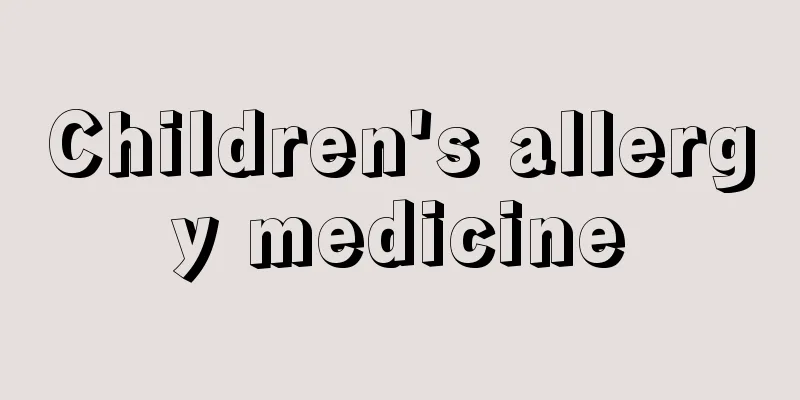Hand, foot and mouth care

|
Hand, foot and mouth disease is also a common skin disease that often occurs in children. This period is also the peak period for hand, foot and mouth disease, and many children often contract hand, foot and mouth disease inadvertently. Hand, foot and mouth disease will cause many small blisters on children's hands, and will also be accompanied by oral ulcers. At this time, mothers need to learn how to care for hand, foot and mouth disease. Now is the peak season for hand, foot and mouth disease. Many babies have been infected with the disease inadvertently. Looking at the small blisters on the babies' hands and feet, the ulcers in the mouth, and the red rashes on the buttocks, mothers feel guilty and uncomfortable, and wish they could suffer for their babies. Although hand, foot and mouth disease seems to be very severe, it is actually a self-limiting disease. The symptoms will generally resolve on their own within 5 to 7 days after onset. Therefore, as long as mothers master the following six-step care methods and take good care of their babies, the baby's hand, foot and mouth disease will heal quickly. Step 1: Isolation Because hand, foot and mouth disease is highly contagious, it can be transmitted through respiratory droplets, direct contact, etc. Therefore, if your baby shows symptoms suspected of hand, foot and mouth disease, try not to take him to crowded places, or play with other children to avoid transmitting hand, foot and mouth disease to others. Step 2: Rest During the recovery phase of hand, foot and mouth disease, it is important to let your baby rest well. Only when the baby has a good rest can he accumulate more energy to supply the immune system, and can eliminate the hand, foot and mouth virus in the body as soon as possible and restore health. Therefore, after your baby suffers from hand, foot and mouth disease, you should pay attention to limiting the baby's exercise, let the baby rest in bed more, and strive to recover health as soon as possible. Step 3: Observation Although the vast majority of children with hand, foot and mouth disease will recover on their own, a small number of children will develop severe hand, foot and mouth disease and may also develop serious complications such as meningitis, encephalitis, pulmonary edema, and myocarditis. Therefore, when mothers are caring for their babies, they must pay attention to the baby's condition and monitor the body temperature regularly. If your baby shows signs of serious illness such as persistent fever, convulsions, and difficulty breathing, take him to the doctor immediately to prevent the condition from further deteriorating. Step 4: Diet Hand, foot and mouth disease will cause herpes in the baby's mouth, which will cause the baby unbearable pain and affect his eating. Therefore, when mothers prepare food for their babies, they must focus on light and easily digestible liquid or semi-liquid food. Never feed the baby spicy and greasy food to avoid irritating the baby's mouth and aggravating the baby's pain. Step 5: Mitigation The small blisters and rashes caused by hand, foot and mouth disease will make babies feel painful and itchy, and they can't help but scratch. Therefore, mothers should cut their babies' nails short to prevent them from scratching blisters and causing infection. You also need to keep your baby's skin clean and dry, and dress your baby in soft and loose clothing to avoid irritating your baby's skin. Step 6: Disinfection Because hand, foot and mouth disease is highly contagious, in order to avoid repeated infection, in addition to keeping it clean, disinfection is also required. The floor, furniture, baby's toys, utensils, etc. in the home should be disinfected with chlorine disinfectant 1 to 2 times a week. In addition, places and things contaminated by the baby's secretions, excrement, vomit, etc. should also be disinfected with chlorine disinfectant after cleaning. |
<<: 1-year-old baby head circumference standard
>>: The baby is in a bad mood, what's wrong?
Recommend
What should I do if my baby has a persistent high fever?
In life, the health of children is what parents w...
Symptoms of ADHD in 4-year-olds
Four-year-old children are very likely to suffer ...
What is the rehabilitation treatment for cerebral palsy in children?
Nowadays, there are often reports on TV programs ...
How to treat vitiligo in children effectively
Children are the hope of the motherland and the f...
The baby is cold after the fever subsides
When a baby has a fever, parents will be eager to...
A child's hand is swollen after being bitten by a mosquito
It is normal for children to be bitten by mosquit...
Newborn baby convulsions in sleep
Generally, after a newborn baby falls asleep, par...
4 month old baby milk intake
At every stage of the baby's growth, the moth...
What to do if your child coughs after drinking cold drinks
It is normal for children to be greedy, especiall...
What are the symptomatic treatments for pneumonia in children?
In the autumn and winter, there are long queues o...
What are the physical methods to reduce baby’s fever?
Baby fever is a very common phenomenon in the bab...
What can babies eat to have white skin?
Many parents pay special attention to their baby&...
What to do if an 8-year-old child catches a cold and vomits
When a child reaches the age of 8, although the b...
What to do if your child has a cold and fever repeatedly
Colds and fevers are actually very common disease...
The reason why the newborn's body temperature is 38 degrees
In clinical practice, it is generally believed th...









